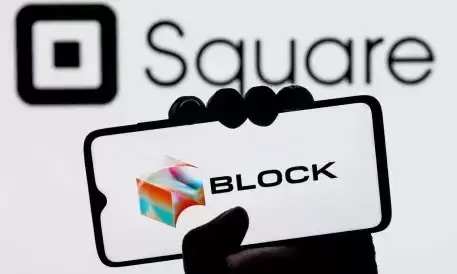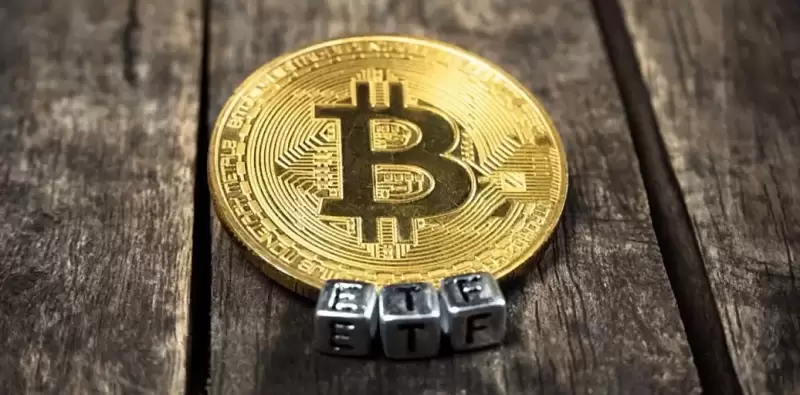 |
|
 |
|
 |
|
 |
|
 |
|
 |
|
 |
|
 |
|
 |
|
 |
|
 |
|
 |
|
 |
|
 |
|
 |
|
Cryptocurrency News Articles
Block Inc., the parent company of Cash App and led by Jack Dorsey, has been fined $40 million
Apr 11, 2025 at 11:15 am
Block Inc., the parent company of Cash App and led by Jack Dorsey, the Founder and former CEO of X (formerly Twitter) has been fined $40 million

The New York Department of Financial Services (NYDFS) has fined Block Inc., the parent company of Cash App and led by Jack Dorsey, the Founder and former CEO of X (formerly Twitter) at $40 million.
The penalty, announced on April 10 2025, follows findings that Block’s anti-money laundering (AML) and compliance programs related to its virtual currency operations displayed significant deficiencies.
This comes after the regulator started probing the company’s crypto operations in 2020, raising concerns over lapses in Bitcoin transaction oversight, weak treatment of transactions with crypto mixers, and a large backlog of pending transaction alerts.
Those findings are now part of the Consent Order, which officially reprimands Block for its failure to meet state AML standards.
A 12-month supervision period will also see an independent monitor scrutinize the company’s progress in overhauling its programs.
Highlighting the importance of strong compliance programs, NYDFS Superintendent Adrienne Harris said: “All financial institutions, whether traditional financial services companies or emerging cryptocurrency platforms, must align their compliance programs with their growth.”
Lapses in Bitcoin transaction oversight
The Consent Order revealed that Block failed to comply with state standards for monitoring digital asset transactions.
NYDFS found that the company’s compliance system failed to flag Bitcoin transactions tied to wallets with illicit or sanctioned activity – unless specific thresholds were exceeded.
In particular, transactions involving wallets with under 1% exposure to terrorist-linked wallets did not trigger alerts, and transfers to such wallets were only blocked once exposure surpassed 10%.
Regulators stated that this threshold-based approach violated expectations that demand proactive, risk-based compliance.
Authorities stressed that even minimal interactions with high-risk wallets require robust justification. Without it, Block fell short of its obligations under both state and federal financial crime laws.
Concerns over mixers and alert backlogs
The regulator also highlighted Block’s treatment of crypto mixer transactions – tools that mix funds to conceal their origins and destinations, commonly used in illicit finance. Despite their high-risk nature, Block continued to label these transactions as only ‘medium’ risk, disregarding repeated regulatory guidance.
NYDFS further criticized Block’s inability to keep pace with transaction alert volumes.
Between 2018 and 2020, the company’s backlog of unresolved alerts spiked from 18,000 to more than 169,000. This reflected Block’s failure to scale its compliance capabilities alongside the rapid growth of Cash App.
In some instances, suspicious activity reports (SARs) were filed more than a year after the initial alert, delaying investigations into potential financial crimes.
Disclaimer:info@kdj.com
The information provided is not trading advice. kdj.com does not assume any responsibility for any investments made based on the information provided in this article. Cryptocurrencies are highly volatile and it is highly recommended that you invest with caution after thorough research!
If you believe that the content used on this website infringes your copyright, please contact us immediately (info@kdj.com) and we will delete it promptly.
-

-

-

-

-

-

-

-

- Will Bitcoin Follow Gold to New All-Time Highs? Exploring the Historical Links and Predictive Models
- Apr 18, 2025 at 10:45 pm
- As investors seek safe havens amid economic turmoil, some experts examine the links between these two assets. But is this correlation systematic, or does it hide more complex realities?
-




























































